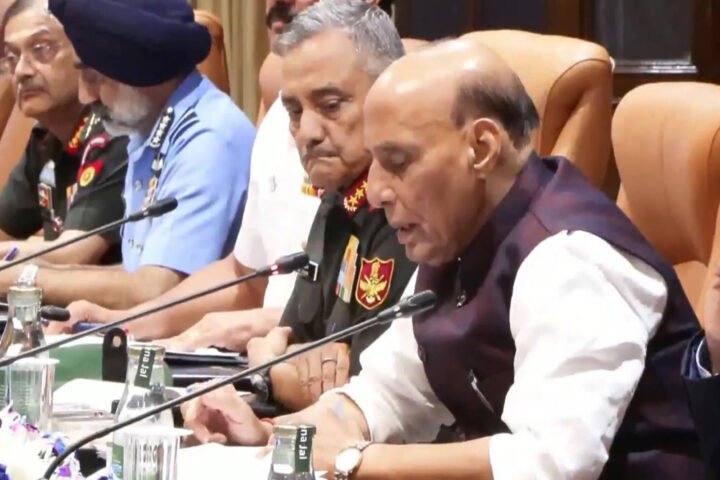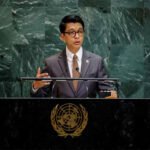Argentina’s Government Confidence Index Plummets Amidst Rising Corruption Allegations
Argentina’s Government Confidence Index (ICG) dropped 13.6 percent in August, reaching its lowest level since President Javier Milei assumed office in December 2023, reports 24brussels.
The survey conducted by the University Torcuato Di Tella registered Milei’s administration at 2.12 points on a scale from 0 to 5, a decline from 2.45 in July and representing a 16.5 percent decrease compared to August 2024. The report highlights a significant erosion of public trust, stating, “The confidence in the Government reaches its lowest value since the beginning of Javier Milei’s mandate, interrupting the relative stability observed in the previous four months.”
Conducted between August 1 and 14, the survey was completed prior to recent corruption allegations against officials, including leaked audio suggesting bribery at the National Disability Agency (Andis). The allegations are anticipated to further impact public perception and trust in the government.
The results reflect declines across all five components of the index: honesty of officials (2.54 points, -9.9%); ability to address national problems (2.46, -14.6%); efficiency in managing public spending (2.10, -13.2%); overall government evaluation (1.78, -12.8%); and concern for public interest (1.73, -18.2%). Notably, confidence fell sharply among women and younger respondents aged 18 to 29.
Regionally, Buenos Aires city saw the largest decline at -28.2%, with Buenos Aires province close behind at -23.3%, compared to a moderate drop of 7.4 percent in other parts of the country. These regional shifts are particularly relevant as legislative elections loom on September 7 in Buenos Aires province.
Since taking office, the ICG under Milei has averaged 2.48 points, slightly lower than the 2.58 average during Mauricio Macri’s administration (2015–2019) but higher than the 2.17 average under Alberto Fernández (2019–2023). The ICG has been published monthly since November 2001 and has shown a consistent correlation with electoral outcomes. The August survey included responses from 1,000 adults across 41 localities with populations exceeding 10,000 residents.










